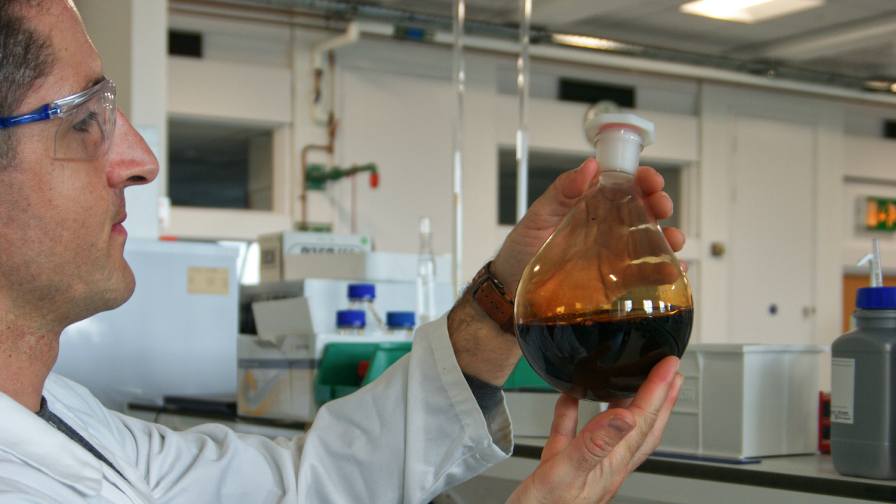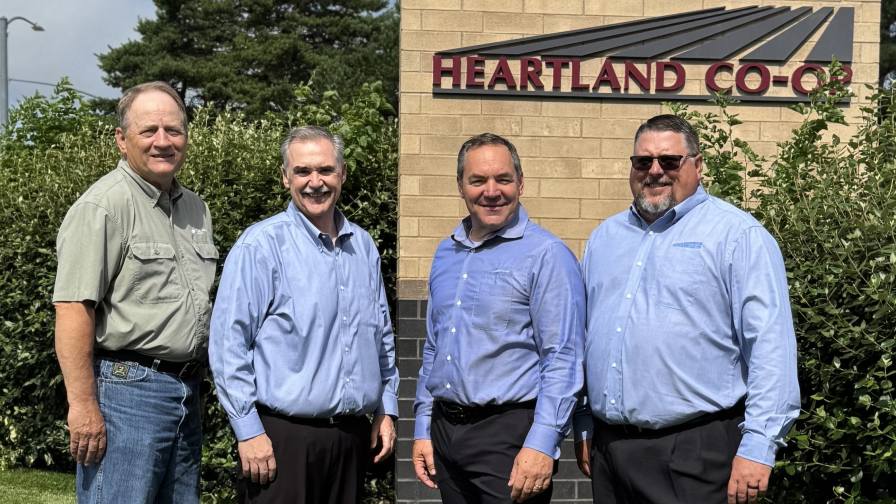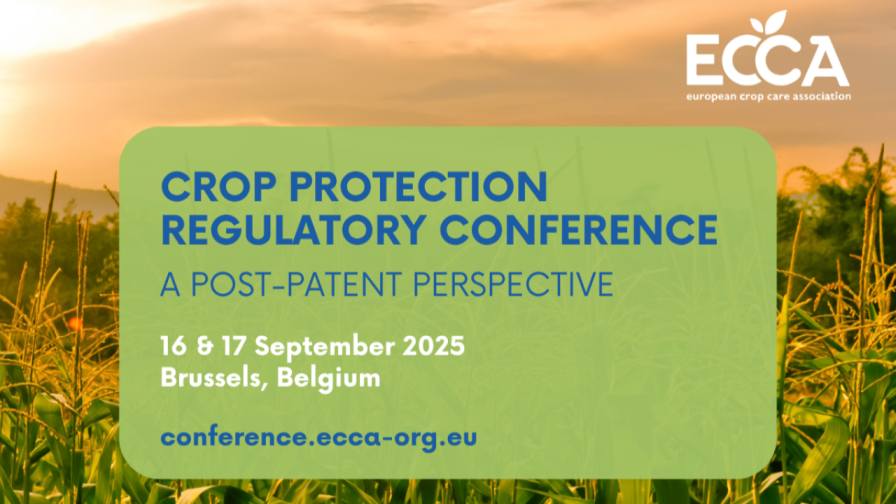Challenges in Agriculture Require Unified Front
Disposable income in the UK fell to its lowest level in April since 1921, according to the Centre for Economics and Business Research, an economic consultancy founded by Douglas McWilliams in 1993. The downward trend in discretionary income is a direct result of higher prices for food, clothing and energy, all staples for a modern urban society.
By the end of next year, consumers in the UK could be spending as much as one-third of their disposable income on food, according to Dominic Dyer, CEO of the Crop Protection Association, whose members include agriculture input companies.
Dyer says the world is at a crossroads: “The era of cheap food is over in Europe. And in developing countries, the number of people being lifted into the middle class is mind boggling … We could lose 40% of the world’s crops without proper crop protection,” he said during a CropWorld panel discussion on Oct. 31.
The FAO recently reported that more intensification of existing croplands is key to global food security. Thus, a potential boon exists for the crop protection industry, and the articulation of the benefits of crop production technologies for small shareholders is percolating through high-level discussions among governments and non-governmental organizations, following the lead of funding from private enterprise.
His comments were part of a panel discussion at CropWorld Global 2011, where several panels debated the future food security of Europe, the impact of emerging economies on supply and demand, and the sustainability of organic growing systems versus modern agronomic practices.
During a “Food Security Debate,” organic advocate Markus Arbenz, executive director of an organic federation, acknowledged that there wasn’t a single solution that could be applied to small shareholders around the world. However, he downplayed the need for highly regimented agriculture practices, saying, “We don’t need technology that costs farmers money and locks them into systems.”
Rabobank’s Cyrille Filott, global head-Europe, Food and Agribusiness Research and Advisory, agreed that developed economies must not apply a universal strategy to all small shareholders, whose productivity must increase to bolster food security. Dialogue about food security in developed markets tends to be more academic and less pragmatic than what might be necessary in areas that need it most, primarily Asia and Africa.
The most concerted efforts need to take place where people are hungry, Filott said.
“Vietnam has halved its hungry in the past five years because they are focusing their efforts on where the hungry are,” he said. “Outcomes in any system are the final goal. Not organic or traditional chemistry or GM. The outcomes are the real deal, and we need to treat the causes of food insecurity, not just the symptoms, for the long term.”
Those vested in agriculture must be more honest with consumers about the challenges facing food production in developed markets so that they can benefit from the systems that generate the best yields, and therefore sustainability for farmers.
“We embrace technology and communicate the adoption of technologies in medicine. We must communicate the importance of embracing technology in agriculture,” Dyer said. “But we must move on a unified front, or else we allow political NGOs to dominate the debate of food production.”






